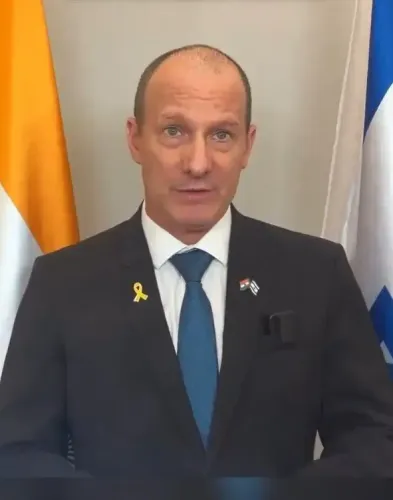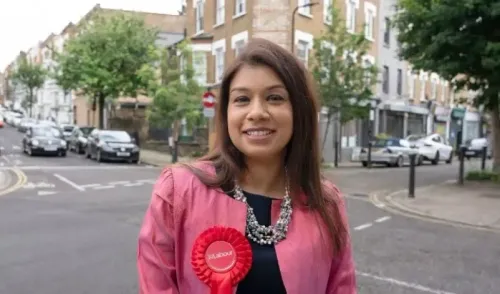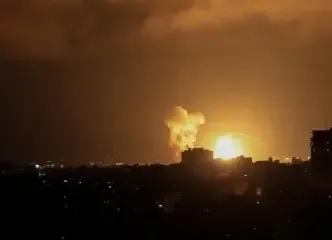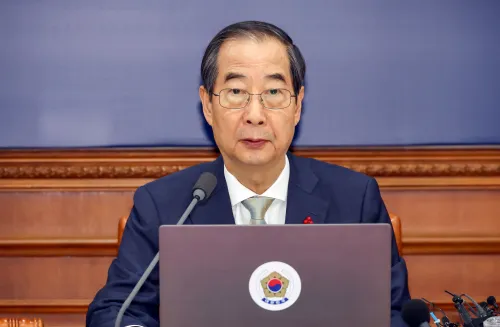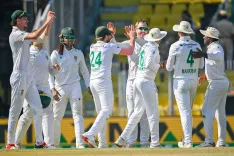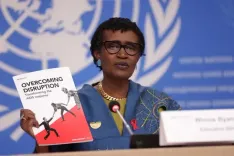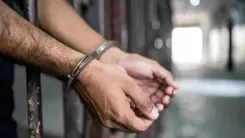US may recognize Crimea as Russian in peace negotiations with Ukraine
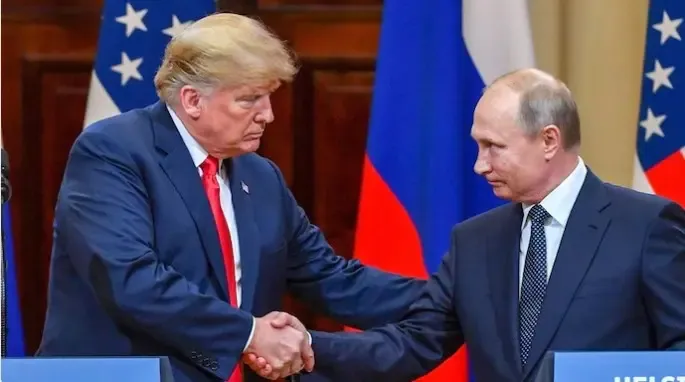
Synopsis
Key Takeaways
- The US may accept Russian control of Crimea.
- Trump aims for a swift ceasefire agreement.
- Zelensky firmly opposes land concessions to Russia.
- Negotiations are ongoing, with proposals made in Paris.
- Russia's enthusiasm for a partial ceasefire is low.
Washington, April 19 (NationPress) Reports indicate that the US may be willing to acknowledge Russian control over Crimea within the framework of a larger peace agreement involving Moscow and Kyiv.
This potential concession highlights President Donald Trump's desire to solidify a ceasefire arrangement. Recently, both he and Secretary of State Marco Rubio hinted that the administration might pivot away from its peace-brokering efforts unless there is rapid progress.
The Kremlin seized Crimea in 2014 following an invasion and a referendum conducted under military occupation, leading the global community to refrain from recognizing the peninsula as Russian to avoid legitimizing the unlawful annexation.
Acknowledging this change could jeopardize international laws that prohibit land acquisition through force.
However, such recognition would serve as a significant victory for Russian President Vladimir Putin, who has long desired global acknowledgment of Crimea's Russian status.
So far, Putin has declined to accept Trump’s proposal for a comprehensive peace agreement.
Sources indicate that a final verdict on this matter has not yet been reached.
The White House and State Department did not provide comments when approached.
An anonymous US official familiar with the discussions refrained from elaborating on the negotiations concerning Crimea.
Trump remarked to reporters, “The longer this drags on, the harder it gets to justify our involvement,” adding that if either party continues to stall, the US would cease its advocacy for a deal.
Ukrainian President Volodymyr Zelensky has consistently opposed any suggestions to relinquish land to Russia, firmly stating that Ukraine will not recognize any territory, including Crimea, as belonging to Russia.
While speaking in Kyiv on Thursday, he criticized Trump's envoy Steve Witkoff for allegedly taking a pro-Russian position.
“We will never consider Ukrainian lands as Russian,” Zelensky stated. “There can be no discussion about our territory before a ceasefire.”
In parallel, discussions are ongoing behind the scenes.
US officials recently proposed a plan in Paris to European allies, detailing a strategy to freeze ongoing conflicts and allow for a gradual easing of sanctions on Moscow contingent on a permanent ceasefire.
The strategy would also remove Ukraine's NATO aspirations from the table, aligning with a long-standing demand from Russia.
Officials from the US, France, Germany, the UK, and Ukraine participated in the Paris negotiations.
During a private meeting, French President Emmanuel Macron and US envoy Witkoff discussed potential frameworks for peacekeeping operations and ceasefire monitoring should a negotiated agreement be established.
However, enthusiasm for a partial ceasefire remains low in Russia.
The Kremlin recently concluded a 30-day ceasefire concerning attacks on Ukraine's energy infrastructure but continues to target Ukrainian cities.
Last week, a Russian missile strike resulted in the deaths of 35 individuals in Sumy, Ukraine.
Nonetheless, Kyiv believes that further discussions can only proceed if Russia also commits to halting its attacks.

